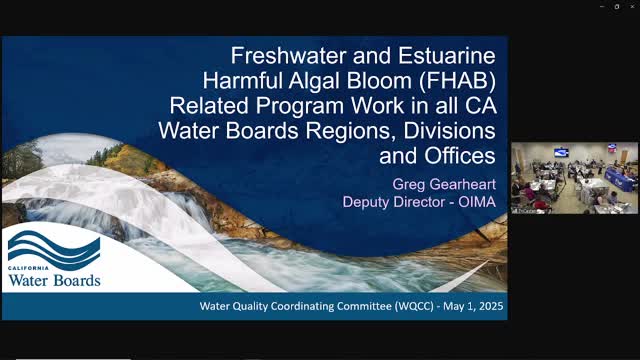Article not found
This article is no longer available. But don't worry—we've gathered other articles that discuss the same topic.
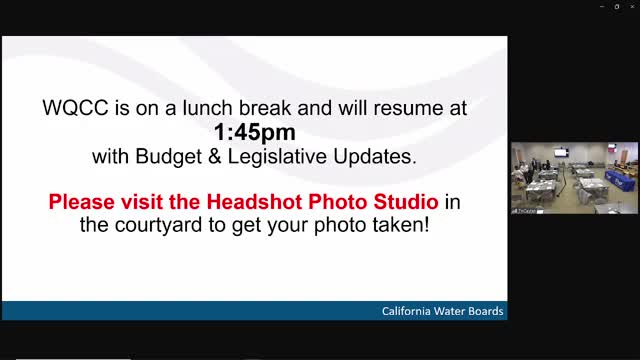
Central Coast board develops alternative water supply plan for nitrate‑impacted domestic wells, and briefs on Diablo Canyon and Monterey Peninsula projects
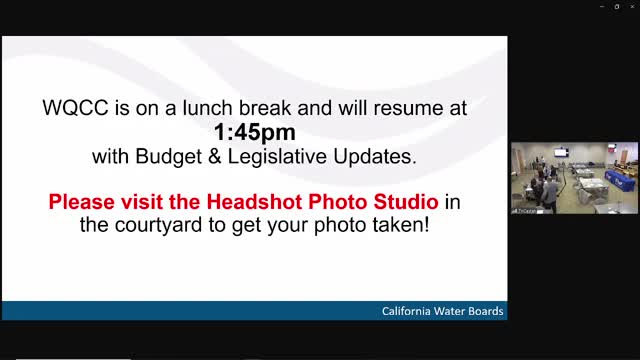
North Coast board speeds cannabis cleanup actions, advances vineyard and roads orders
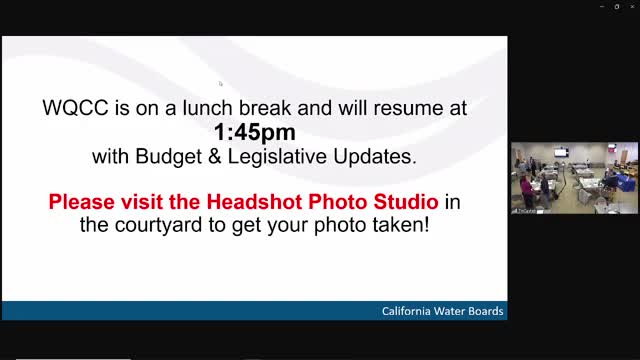
State board outlines Prop 4 allocations and mid-year budget reductions; vacancy and efficiency drills may cut positions and operating funds
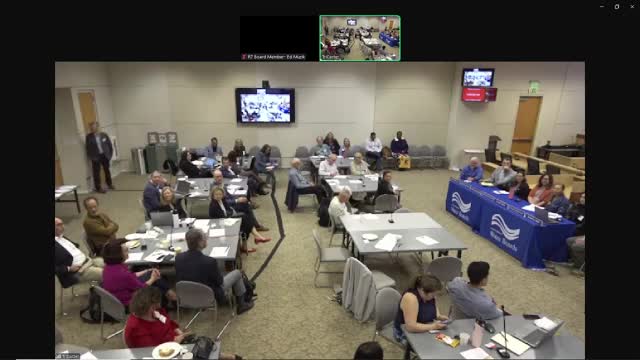
Los Angeles regional board describes post-wildfire water and sediment testing and debris‑disposal safeguards
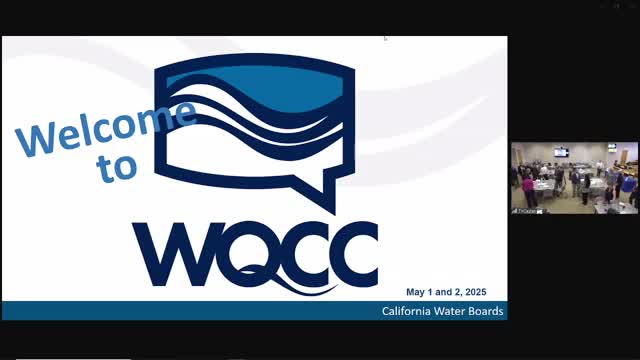
Governor’s office outlines ‘closers’ agenda: drinking water compliance, Bay-Delta plan and groundwater recharge
